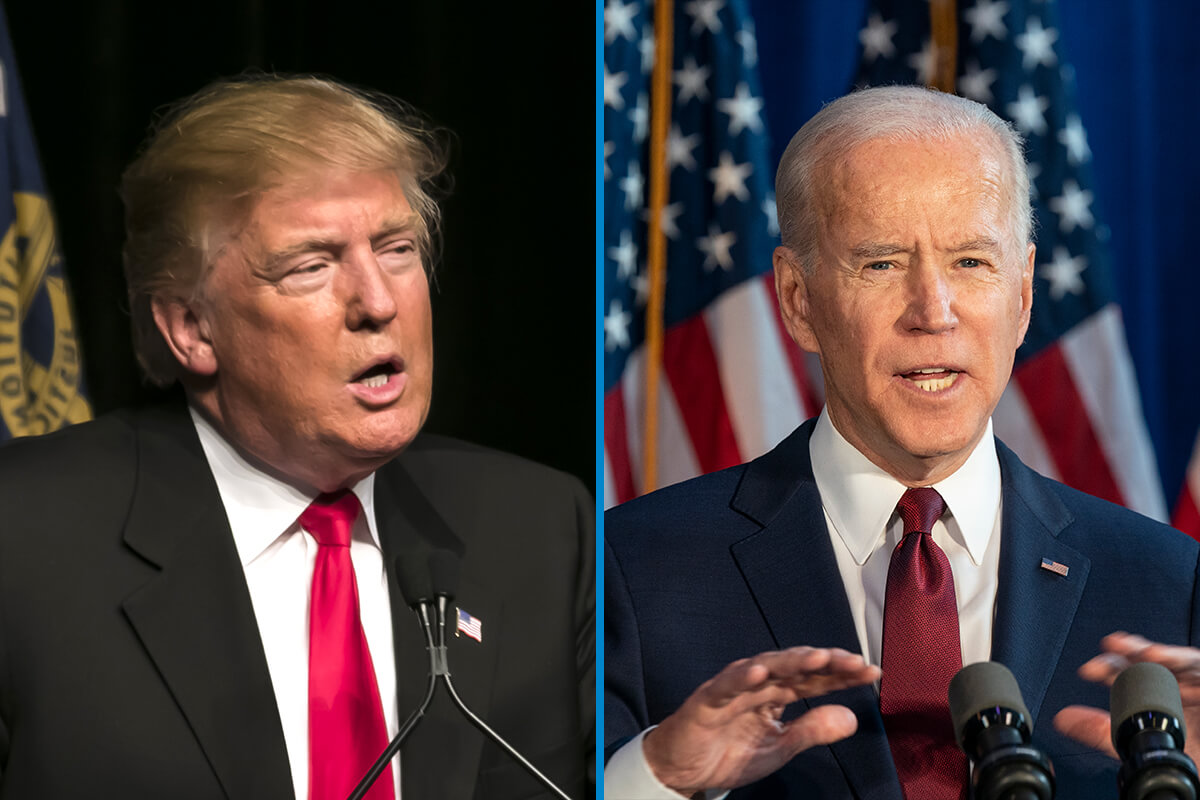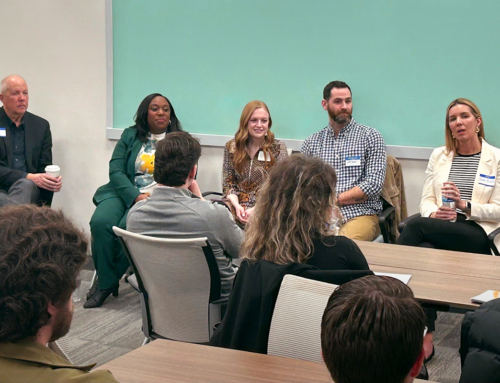Few would argue that this year’s Presidential contest is as divisive as any in our lifetimes. It feels like we, as Americans, have never been further divided and less interested in civil discourse. The recent Presidential debate reflects the public sentiment.
Is there a lesson in this for marketers and communicators? You bet there is.
These five tips can help companies communicate with employees and other key internal audiences during a historically divisive presidential election. And, yes, these times are made even more complicated by Covid-19 and issues of racial justice:
- Now, more than ever, engage: It has never been more important for employers to engage with employees. Living in a world that so easily moves to contention and conflict requires openness and candor, honesty and transparency to maintain a relationship.
- Be stridently honest: Employers need to be stridently honest, especially if it means sharing hard news or apologizing for a well-intended but off-the-mark past comment or program. Meet it head-on. Don’t let it simmer. It will not just go away. Accept that regardless of how thoughtful and careful you may be someone could be offended.
- Make better decisions: Your decision-making and, thus your decisions, will be better if you commit yourself to seek dissenting opinions, welcome contrary views, be open to criticism and, when you’re ready to communicate, engage honestly and fully. Avoid “paralysis by analysis,” but the consequences of making quick decisions today may be more significant than ever.
- Follow-through: Accountability for doing what you say has never been stronger and more important. One-off statements just won’t cut it. Today’s employees expect action. In many cases, they will demand it.
- Establish boundaries: Be intentional about what is OK and what is not in terms of political discussion in the workplace. In the past, many employers left this sensitive issue unaddressed. Today, you do so at your own risk.
Why is it important to consider these tips when communicating with employees or other key stakeholders? That answer is straightforward; you worked hard to develop those relationships and you don’t want to put them at risk.
Divisiveness in the workplace is something every employer seeks to avoid, yet workers naturally mix their personal and professional lives. According to an article dated September 18, 2020 on the Pew Research Center “FACTANK” website regarding a survey conducted in July and August:
“Supporters of Donald Trump and Joe Biden are divided not just in their views of the candidates and in their broader political beliefs and values. They are also largely divided in their personal relationships: Roughly four-in-ten registered voters in both camps say that they do not have a single close friend who supports the other major party candidate, and fewer than a quarter say they have more than a few friends who do.”
Employers should be concerned about divisiveness creeping into their workplaces. According to a survey featured in CPA Practice Advisor, among 28 U.S. cities in the survey, less than a quarter (22%) of respondents were OK with political discussions in the office, slightly more (26%) felt it was never OK, while more than half (53%) said it depends on the situation. Interestingly, professionals in Cincinnati (at 35%) are most opposed to political discussions with coworkers.
I am convinced that today’s level of rancor will recede post-election (eventually), but only somewhat. Covid-19 and racial injustice-related sensitivities have likely forever enhanced the need for open, honest and carefully considered employee communications.








